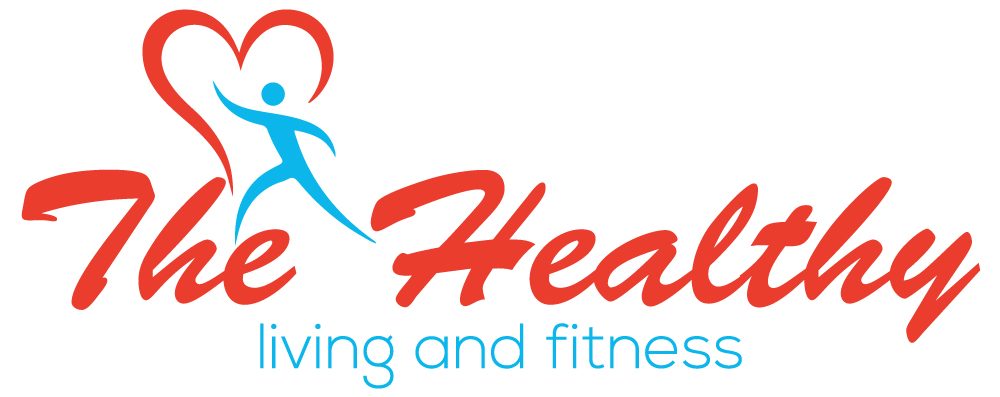The experts emphasise the importance of getting at least 8 hours of sleep every night, however, it is important to take other factors into consideration too. After all, there are many different things that can attribute to a lack of healthy sleep and many of them can be easily rectified with a little bit of perseverance. Read on as the team here at The Healthy Living and Fitness go over three common causes of poor-quality sleep…
Which pillow is the most supportive?
Although many people are adamant about sleeping with at least two pillows, the reason we even use them is to keep the spine and neck in alignment throughout the night. This means that the wrong pillow can actually cause the muscles to tense unnecessarily and lead to neck pain and headaches upon waking that can disrupt an entire day. In addition to this, an unsupportive pillow can also affect sleep quality by failing to allow people to enter deep sleep properly. As a general rule, back and side sleepers should opt for a thicker and firmer pillow whiles stomach sleepers require a flatter, softer pillow.
How many sleep cycles do you need?
The average sleep cycle lasts 90 minutes and a healthy night’s sleep should involve around 5 of them as this equates to 7-8 hours of sleep per night. In fact, recent studies have shown that people who regularly wake up tired and achy may actually be rising in the middle of a sleep cycle. During one sleep cycle, the body goes through 5 important stages: stage one, which is a light sleep; stage two, which is when our body temperature drops; stage three and four, which is when blood supply increases and repair work is carried out and finally, stage five which is when REM sleep (rapid eye movement) takes place. During this stage, the brain is incredibly active and this is when we tend to dream. In fact, it is so important that we are not disrupted during this phase that getting just 4 cycles of undisturbed sleep will leave a person more rested than 8 hours of sleep with continuous disruptions throughout the night.
Can technology affect your sleep?
Unsurprisingly, technology can also have a negative impact on a person’s quality of sleep as it can engage the brain and encourage wakeful activity. In fact, the blue lighting of social media sites like Twitter and Facebook are implemented for this very reason! As a result, a bedroom that is littered with televisions, smartphones, laptops and tablets can have a bad effect on the quality of sleep that a person receives which is why it is more advisable to read a book before bed.
It is not uncommon for people to sacrifice the quality of their sleep for a job or leisure activity. In fact, many people will actively fight tiredness in order to watch a film and we are surrounded by technology that is designed in order to keep us awake for as long as possible. Unfortunately, chronic poor-quality sleep can wreak havoc on a person’s health and lead to the development of headaches, mood disorders and even gastrointestinal problems. By cutting out mobile phones and investing in supportive bedding, many people find that their sleep quality improves drastically. To find out more information, get in contact with a member of The Healthy Living and Fitness team today!
